In 2021, the shipping and aviation sectors individually contributed approximately 3% each to global energy-related greenhouse gas emissions (IEA, 2022).
Currently, both sectors heavily rely on fossil fuels, specifically marine fuel oil and aviation kerosene.
The use of these fossil fuels is of course favoured due to their high energy density, enabling ships and airplanes to cover long distances without the need for refuelling along the way.
The adoption of electric aircraft or vessels for extended, intercontinental journeys is not feasible due to the limitations of existing battery technologies, which possess low energy density and are heavy, resulting in a limited range.
Shipping and aviation encounter further challenges when it comes to transitioning away from fossil fuels for international voyages due to tax exemptions, making it difficult for governments to unilaterally enforce regulations that would raise costs for operators due to international competition.
This absence of fuel tax leads to prices that do not adequately account for the environmental harm caused by the combustion of fossil fuels in aircraft and ships. The lack of taxation also serves as a barrier for innovative, low-carbon fuels to enter the market, as they struggle to compete on cost without additional policy interventions.

In 2021, the shipping and aviation sectors individually contributed approximately 3% each to global energy-related greenhouse gas emissions.
However, achieving the goal of reducing extensive fossil fuel usage and transitioning to low-carbon alternatives requires the exploration of various pathways, namely biofuels and e-fuels.
Both options are low-carbon liquid and gaseous fuels that offer energy densities comparable to existing fossil fuels.
They fall into two primary categories:
Biofuels: These fuels are derived from biomass feedstock through various production methods. As plants grow, they convert solar energy into chemical energy, storing it as biomass. Biofuels are the refined form of biomass, allowing their chemical energy to be used in engines or turbines. However, the availability of sustainably grown biomass feedstock limits scalability.
E-fuels: Also known as electrofuels are produced using an industrial process that converts electrical energy into chemical energy. They can be classified into two groups: those with carbon-based components (e.g., e-kerosene or e-methanol) and those without (e.g., hydrogen and ammonia).
E-fuels can also complement biofuels and potentially face fewer long-term scalability constraints, despite a current lower level of technological maturity.

The adoption of electric aircraft or vessels for extended, intercontinental journeys is not feasible due to the limitations of existing battery technologies, which possess low energy density and are heavy, resulting in a limited range.
However, it’s the non-carbon-based fuels like hydrogen that are already demonstrating great promise in the race to decarbonise these sectors, exemplified by aircraft manufacturing giant Airbus already announcing plans to introduce aircraft using hydrogen technology in the 2030s. The Airbus Zero e project is not being developed in isolation. Easyjet have also announced their foray into hydrogen aviation is well underway.
While these fuels are comparatively easier and more cost-effective to produce (through methods such as electrolysis) than carbon-based e-fuels, they pose challenges due to their handling and incompatibility with existing vessel and aircraft technologies. Also, the adoption of non-carbon-based fuels requires dedicated transport and refuelling infrastructure, two aspects of the hydrogen economy which are developing rapidly but still require greater support for accelerated progress in the face of the climate crisis.
To effectively replace substantial amounts of fossil fuel usage in shipping and aviation, there needs to be a rapid increase in production volumes, which can be achieved with private investment and greater targeted government support. Additionally, renewable electricity generation must be augmented to meet the growing demand from new fuel production facilities.
Significant developments are underway, and here in the UK we are seeing a proliferation of hydrogen projects, including those that Ryze Hydrogen are co-spearheading such as the creation of a cutting-edge green hydrogen production facility in Ballymena, Northern Ireland, at the headquarters of world-first hydrogen double-deck bus manufacturer Wrightbus. Plans are also underway for a state of the art hydrogen production facility in Aberdeen.
____________________
Related reading content:
These hydrogen hubs are driving the UK’s energy transition
____________________

Renewable electricity generation must be augmented to meet the growing demand from fuel production facilities.
Furthermore, we’re hopeful to see government provide financial incentive for operators of all forms of transport to use alternative fuels. Targeted assistance and incentive programs to sustain e-fuel technologies’ development is also required, alongside accelerating the deployment of electrolyser and renewable electricity generation capacity.
While e-fuels have such potential to reduce emissions in the aviation and shipping sectors, there is no denying the current challenges they face in competitiveness against the conventional polluting technologies.
The costs associated with e-fuels are expected to decline as production volumes increase and technology advances. However, it is unlikely that e-fuels will ever be cheaper than existing fossil fuels until they incorporate environmental costs.
The lack of environmental regulations in international shipping and aviation further impedes the self-sustained market growth of e-fuels. Nevertheless, effective policies can foster the scalability of e-fuels, and governments possess various tools to promote their production and adoption within these sectors.
To learn more about Ryze Hydrogen, click here.






